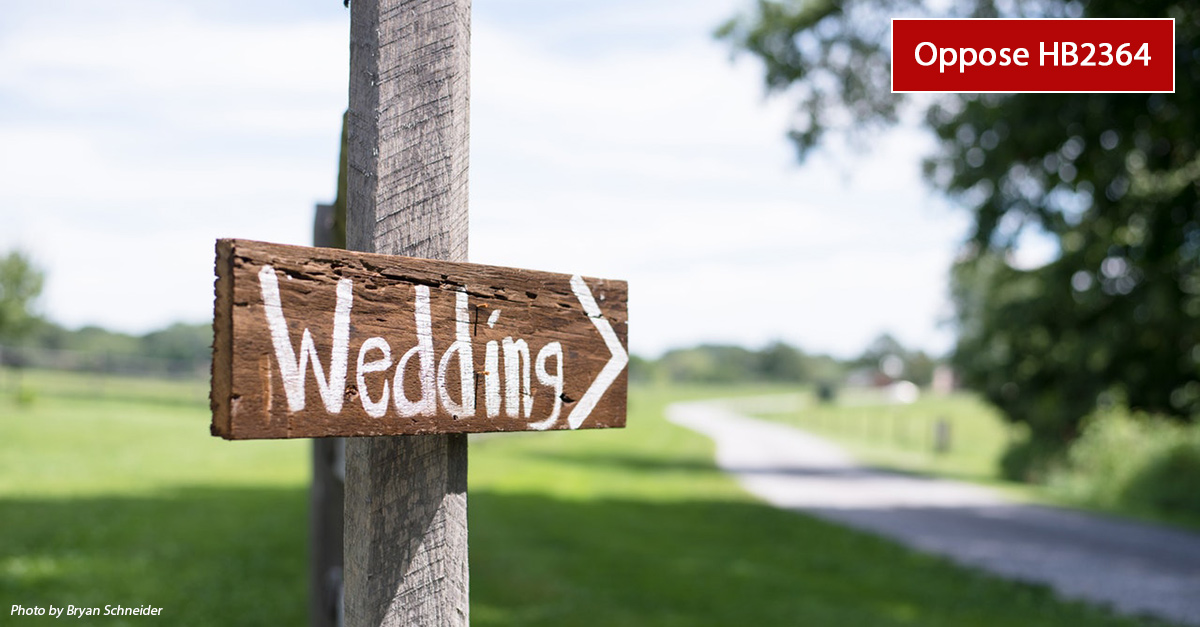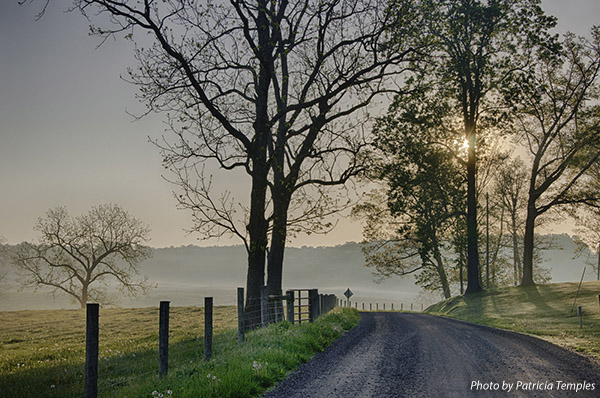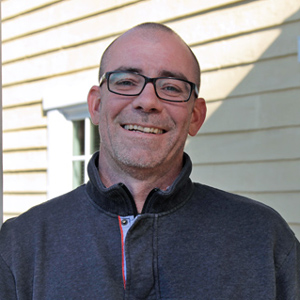
Dear Supporter,
While brides and grooms are not a traditional agricultural crop…
On Wednesday, members of the Virginia House Committee on Agriculture, Chesapeake and Natural Resources voted to make wedding events a protected activity under the definition of “agritourism.”
House Bill 2364 (Knight) would add weddings to the list of agritourism activities that local governments are prohibited from regulating. As originally drafted, the bill would have allowed, by-right, 12 events per year with a maximum of 250 guests per event. However, an amended version that stripped those limitations on the size and frequency passed full committee yesterday.
The net result? The bill would essentially make wedding events a by-right activity on any farm or winery. It would allow for weddings of any size on farms to become a 365-day a year activity. This would prevent reasonable regulation and protection from impacts (traffic, noise, lighting, runoff, etc.) to neighbors and the broader community.
Ask Your Elected Officials to Vote ‘No’ on HB 2364
The bill will be up for a floor vote soon. Send an email to your Delegate and Senator and let them know you do not support this heavy handed approach from Richmond.
What’s at Stake
Agriculture is a vital part of the Virginia economy, and providing reasonable opportunity for farms to participate in agritourism opportunities is recognized by local governments as a needed part of their vibrant, diverse economies. However, the preservation of the rural quality of life and the success of local agriculture itself are dependent upon reasonable local regulation of intensive agritourism activities.
This bill as amended removes all opportunity for local governments to balance the impacts of traffic generating events on neighboring residences and agricultural operations.
An Emerging Pattern from Richmond
Over the last couple of decades, we have seen greater and greater restrictions on local authority as it relates to a growing list of activities defined as agritourism. Adding weddings to the list of uses that can’t be regulated locally is just the latest push to prevent those that are best suited to understand the impacts to their local road network and communities from determining reasonable standards and conditions for a specific proposal.
Restrictions on local regulation means citizens lose their voice and ability to protect their communities from rural activities that have commercial-level impacts.

The Bottom Line
Local governments are best suited to understand the size and nature of impacts from intensive activities in the rural area. It is their responsibility to protect their communities from proposals that create unreasonable impacts to local roads, neighboring properties and the community at large. Richmond should stop interfering with a local government’s ability to protect the health, safety and welfare of its citizens.
I hope you agree and will take this opportunity to weigh in with your state representatives.
Sincerely,
Dan Holmes
Director of State Policy
The Piedmont Environmental Council
dholmes@pecva.org

